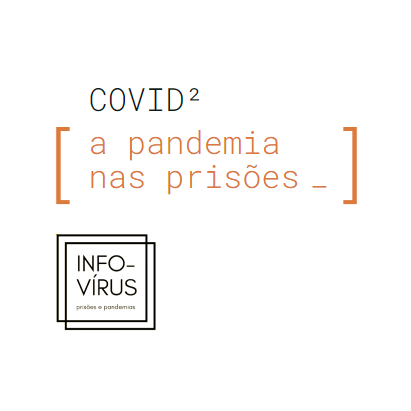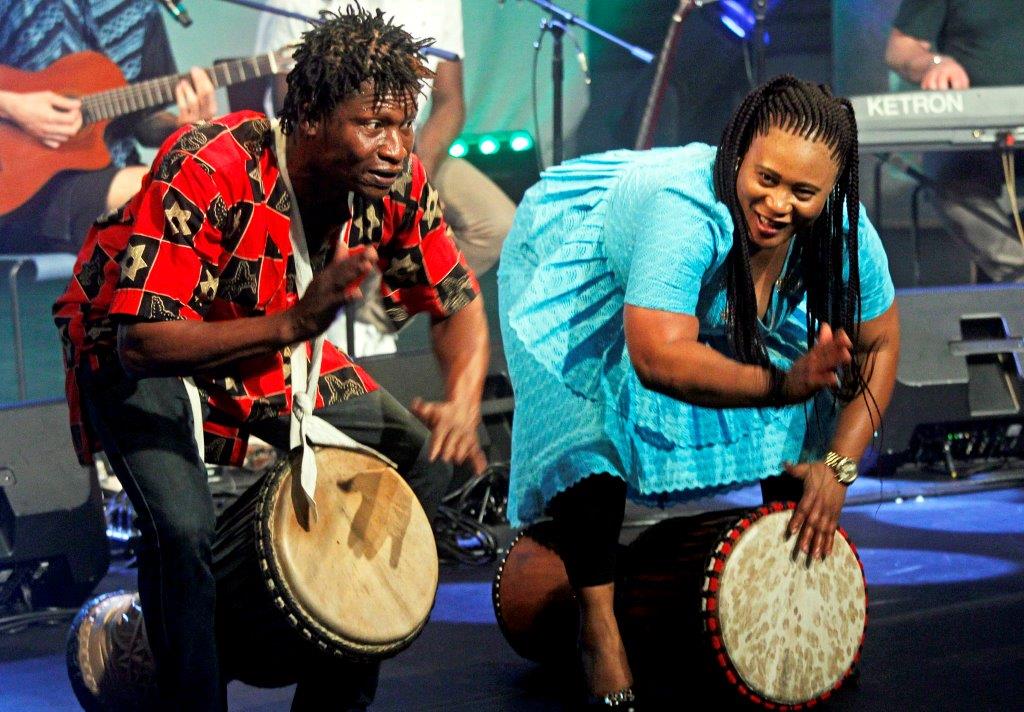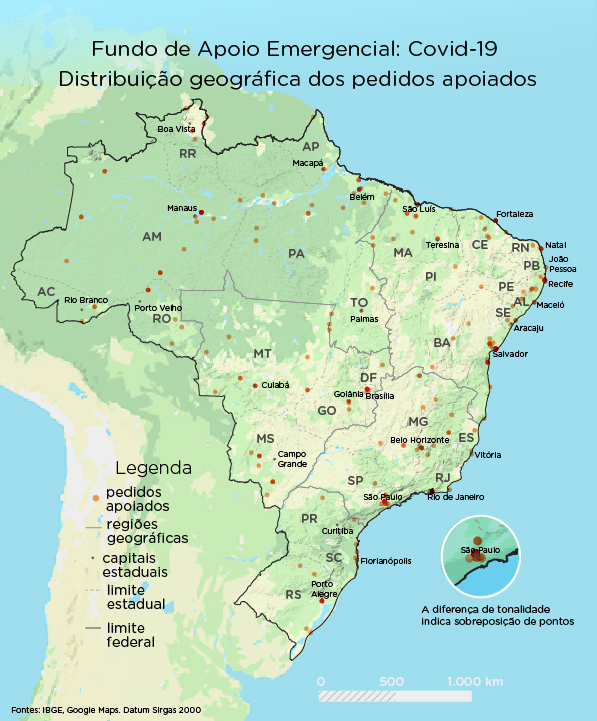
Picture/Caption 1: COVID the pandemic in prisons / Infovirus – prisons and the pandemic
“My love, I just don’t know what to do anymore. I have had a fever for 20 days. It comes and goes. Now and then, a headache and a dry cough. I can’t taste anything. And I can’t smell anything. I am terrified. It is not just me. There are many others with these symptoms, my love.”
This passage is from a letter that narrates the anguish and the reality inside one of São Paulo’s prisons during the first months of the coronavirus pandemic. Addressing his significant other, this man describes how Covid-19 spread among those in state custody.
Other similar letters, as well as news, studies, research, and data, were gathered in the virtual exhibition COVID², the pandemic in prisons, released on July 14th. The online Memorial is a part of the Infovirus Project, an observatory of the Federal University of Santa Catarina (UFSC), which since 2020 has gathered records on the pandemic’s progress in prisons.
The initiative is designed collectively by criminology research groups. It receives support from the Brazil Human Rights Fund through the call for proposals Human Rights and Criminal Justice – Combating Mass Incarceration in Brazil.
“Brazil Fund has contributed with part of the scholarships for researchers who worked on the data collection for the Memorial. In addition, the initiative also received other grants,” explains Marília de Nardin Budó, Infovirus coordinator.
Stages of the Online Visit
The Memorial is organized into three parts. The politics of denialism display how public authorities acted throughout the pandemic, taking a closer look at the events that reveal the abandonment of correctional facilities in Brazil. The section Letters of love and farewell displays the mail of people deprived of their liberty reporting the violence happening in prison throughout the Covid-19 expansion in prisons.
Finally, the item Coronavirus is not habeas corpus records the justice system’s attitudes through cases that show how denying access to prisoners’ rights was decisive for more deaths and more violence in this period.
The Memorial is an effort to register a history of pain and much state violence in a more accessible language that is also politically committed to human rights.
“Publishing this collection is an attempt to foster the public debate about a portion of the State’s actions that have not been emphasized enough in the pandemic coverage. We also attempt to highlight the fundamental role of the organizations of relatives and friends of people deprived of their liberty that, in a very committed way, have constantly denounced the violations of rights in prisons throughout this period,” says Felipe da Silva Freitas, project coordinator.
Data collection
The Memorial was possible because, since April 2020, the researchers have been working voluntarily on the Infovirus project. The primary source of everything that makes up this digital collection is all the information the group gathered and published on social media.
In addition, professors Letícia Nedel, Renata Padilha, and Thainá Lopes from the Federal University of Santa Catarina (UFSC) guided the team on museology techniques to catalog and classify the entire collection.
“The material that makes up the memorial consists of press articles, court cases, Infovirus publications, and voluntary contributions from conversations with members of the Public Defender’s Offices and organizations that work for the disincarceration and for the articulation of the relatives of people deprived of their liberty,” reports Felipe Freitas.
Among the data collected, we found out that reviews of preventive custody did not occur in the proper proportion. Besides, the effective quarantine of the most vulnerable people in correctional facilities did not happen, states did not adopt measures for basic health care, the vaccine was applied too late and lacked public transparency, to make matters worse.
Marília de Nardin tells us that the omission of the State in the face of the countless cries for help emitted by family organizations, human rights entities, and rights activists in the prison universe was what caught the attention of the organizers.
” In the face of this tragedy, I think the main lesson is that we cannot falter. People who are committed to life and the defense of human rights need to be aware of the reality of the prison system,” warns Marília. “It is necessary to demand the interruption of this permanent punishment expansion logic and deprivation of liberty. It is unacceptable that we continue incarcerating many people in such abusive conditions,” the project coordinator concludes.
Human Rights and Criminal Justice Call for Proposals
Since its foundation, Brazil Human Rights Fund has supported organizations and movements in criminal justice. The goal is to add to the fight for disincarceration in the country, overcome the punitive culture and end the trivialization of prisons as mechanisms of discrimination and reinforce inequalities.
In the call for proposals Human Rights and Criminal Justice – Combating Mass Incarceration in Brazil, 15 initiatives from 10 different states were selected in the two work axes defined by the call: Axis 01 focuses on combating the abusive use of preventive custody in the country. Axis 02 focuses on projects to promote the rights of people released from the prison system, with a focus on avoiding re-incarceration cycles. The call was made possible by Brazil Fund with support from Oak Foundation, specifically for Axis 01.

























